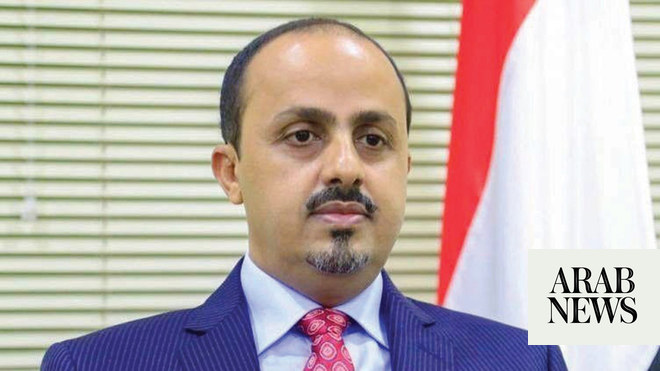
Threats against medical workers are Iraq is blamed on the longstanding tradition of personal gun ownership in the country, which is ravaged by decades of violence
Many doctors have opted to leave Iraq for safer hospitals abroad
BAGHDAD: In Iraq, medicine is a matter of life or death — not just for patients, but for doctors facing threats by vengeful relatives and emigrating en masse.
Shaymaa Al-Kamali, a family physician in Baghdad, said her problems began when she barred a patient’s father from staying in the hospital after visiting hours.
Furious and carrying arms, their relatives stormed her clinic in protest, and she had to flee through a service entrance.
“I took off my doctor’s coat and ran out with a colleague. We got into a taxi as if I was his wife and not a doctor like him,” Kamali told AFP.
“I didn’t go back to work for ten days.”
Doctors, nurses, and other health workers across Iraq say they regularly risk being physically harassed, verbally threatened, and even kidnapped while on the job.
They blame this on the longstanding tradition of personal gun ownership in Iraq, a country ravaged by decades of violence.
And because of the retaliatory form of justice relied on by tribes — which often trumps federal law — some doctors had to pay as much as $45,000 to settle vendettas with patients’ families, said Kamali.
As a result of this violent and chaotic situation, many doctors have opted to leave Iraq for safer hospitals abroad — something 32-year-old Kamali is herself increasingly considering.
Of the 348 doctors who graduated with her in 2009 from medical school 285 have already left the country “mainly because of these assaults,” she said.
“These kinds of attacks are a common occurrence in every Iraqi province,” said Sahar Mawlud, pharmacist and deputy health director in Salaheddin province.
“Sometimes, patients are already dying by the time they arrive to the hospital. But when they die, their families accuse medics of not doing their jobs,” she told AFP.
In the northern province of Kirkuk a health worker was physically assaulted while treating a critically ill 70-year-old in February, according to the World Health Organization.
“Such attacks constitute a serious violation of international humanitarian law,” warned Adham Rashad Ismail, the head of WHO in Iraq.
And further south in oil-rich Basra, gastroenterologist Hussein Uday said doctors, particularly those specializing in cardiac surgery or neurology, were emigrating in droves pushed by “fear” of reprisals.
In total, around 20,000 doctors have fled Iraq in the last 15 years, according to a joint study conducted by the International Committee for the Red Cross, Iraq’s health ministry and other medical organizations.
It found 70 percent of Iraqi health personnel are considering emigrating out of fear of reprisals, kidnapping or killing.
“Iraq is left facing a vast shortage of doctors,” said health ministry spokesman Seif Al-Badr.
In 2017, there were just nine doctors for every 10,000 people in Iraq, or three times less than in neighboring Kuwait and two times less that conflict-ridden Libya, said the WHO.
But the problem facing the health sector goes beyond staffing woes.
Iraq’s health infrastructure was ravaged by back-to-back conflicts and more than a decade of international sanctions until the US-led invasion against Saddam Hussein in 2003.
Sectarian violence followed, culminating in the three-year battle against the Daesh group that ended in 2017.
Those difficult years shattered Iraq’s reputation as a medical hub in the region, and there is no more striking example of that fall than Baghdad’s Medical City.
The health complex was one of the most advanced in the region in the 1970s, but its clinics are now shockingly short on equipment and medicine, and its buildings falling into disrepair.
ICRC chief Peter Maurer said pressure on doctors was gutting the basic tenets of the medical profession.
“We are concerned not only by direct attacks on the medical installations,” he said during a recent trip to Iraq.
“We are also concerned about tribalism and sectarianism entering the basic Hippocratic Oath of treating patients equally, depending on the seriousness and the urgency of the illness and not depending on the origin, or the ethnic belonging or the faith of a person or group,” he added.
Doctors are so afraid for their safety, they are taking to the streets to demand a 2013 law allowing health workers to carry arms inside their workplace be activated.
“This is a necessary law. It’s for self-defense,” said Abdulamir Al-Shammary, head of Iraq’s doctors syndicate.
Some lawmakers have proposed including crimes against doctors under Iraq’s anti-terrorism law, which could bring the death penalty.
“There is no rule of law. Here, it’s the law of the jungle” that prevails, Kamali said.
But even so, she and other doctors continue to go to work, hoping hospitals would remain havens for saving lives.












